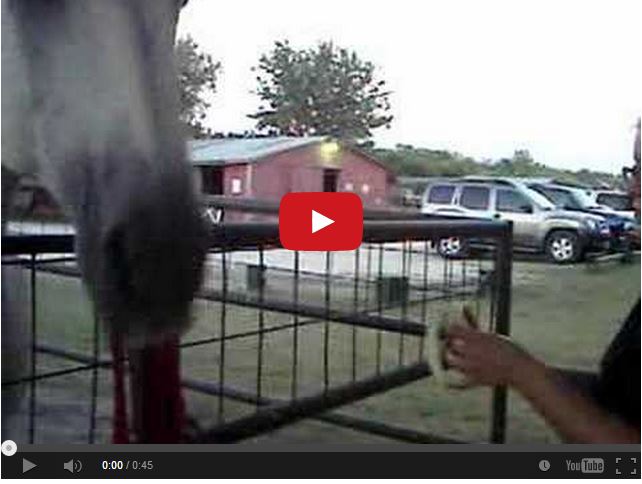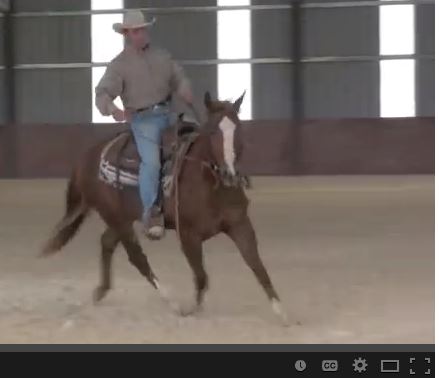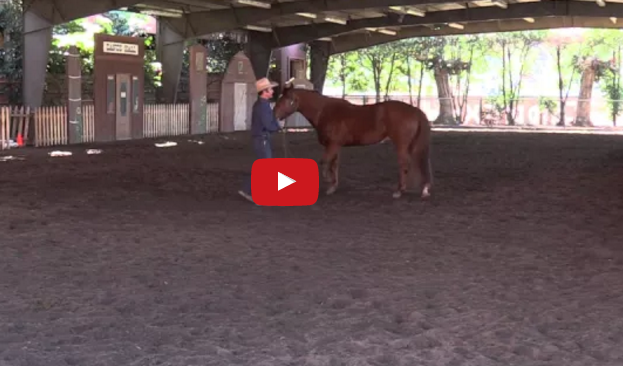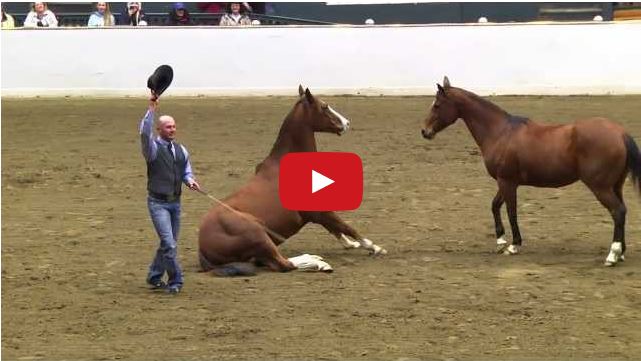USDA Bans Horse Soring – Protecting Tennessee Walking Horses

Jan 13, 2017 – The U.S. Department of Agriculture announced an upgrade to the Horse Protection Act Regulations. The new rule bans the use of medieval stacks, chains and other cruel devices and eliminates a corrupt inspection program that placed the very people abusing horses in charge of enforcing the law.
The Humane Society Of The United States conducted a series of undercover investigations exposing top trainers in the industry soring and torturing horses prior to the rule change. For those of you who aren’t familiar with soring, the Humane Society summed it up, “Soring involves the intentional infliction of pain – by mechanical or chemical means – on the feet and lower legs of horses to achieve a high-stepping, pain-based gait known as the “big lick” in Tennessee walking horses.”
The video below shows what happens when horses have gone through this painful treatment. Warning – The Video Is Graphic. Please continue reading below the video for details of the new rule changes.
-APHIS (Animal and Plant Health Inspection Service) will license, train, and oversee independent, third party inspectors, known as Horse Protection Inspectors (HPIs), and establish the licensing eligibility requirements to reduce conflicts of interest.
-To allow sufficient time to train and license HPIs and ensure an adequate number before the start of the 2018 show season, current Designated Qualified Person (DQP) licenses will remain valid until January 1, 2018. Beginning January 1, 2018, management of horse shows, exhibitions, sales, and auctions that elect to use inspection services, must appoint and retain a HPI to inspect horses.
-Beginning January 1, 2018, the regulatory provisions applicable to Horse Industry Organization and Associations are removed and are no longer effective.
-Beginning 30 days after the publication of the final rule, all action devices, except for certain boots, are prohibited on any Tennessee Walking Horse or racking horse at any horse show, exhibition, sale, or auction. All pads and wedges are prohibited on any Tennessee Walking Horse or racking horse at any horse show, exhibition, sale, or auction on or after January 1, 2018, unless such horse has been prescribed and is receiving therapeutic, veterinary treatment using pads or wedges. This delayed implementation allows ample time to both gradually reduce the size of pads to minimize any potential physiological stress to the horses and prepare horses to compete in other classes.
-Beginning January 1, 2018, management of HPA-covered events must, among other things, submit certain information records to APHIS, provide HPIs with access, space, and facilities to conduct inspections, and have a farrier physically present to assist HPIs at horse shows, exhibitions, sales, and auctions that allow Tennessee Walking Horses or racking horses to participate in therapeutic pads and wedges if more than 150 horses are entered, and have a farrier on call if 150 or fewer horses are entered.
Source, HumaneSociety.org and USDA.gov. This is a huge WIN for the horses. Share this on Facebook if you are happy to see these practices stopped for good!





